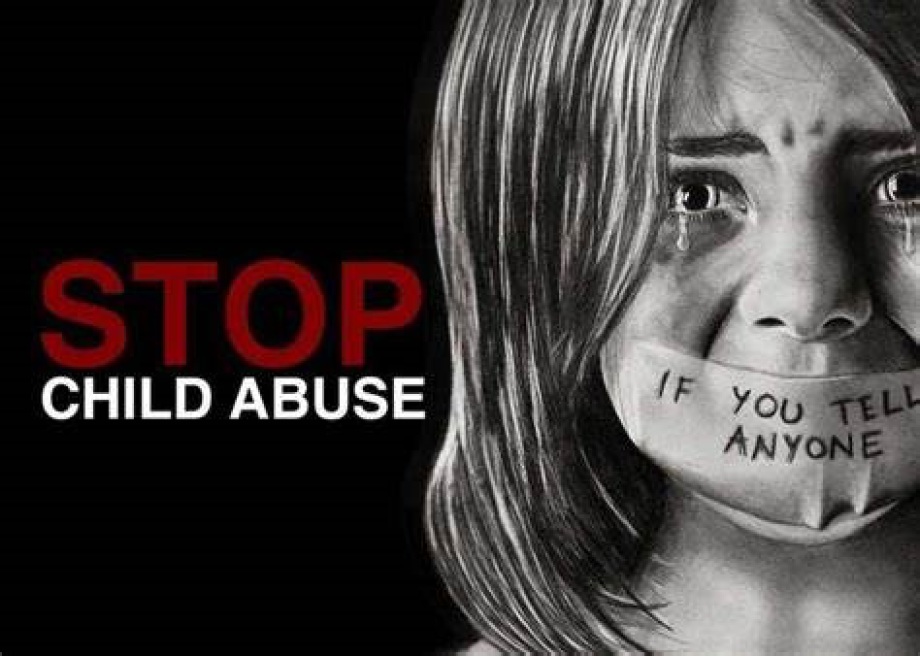What is child sexual exploitation (CSE)?
Child sexual exploitation (CSE) is a type of sexual abuse. It happens when a person under the age of 18 is coerced, manipulated or deceived into sexual activity in exchange for things that they may need or want, like gifts, drugs, money, status or affection. Children are often tricked into believing that they're in a loving and consensual relationship. This is called grooming and is a type of abuse. The child may trust their abuser and not realise that they are being abused. CSE does not always include physical contact, and can also occur through the use of technology.
Children and young people can be trafficked into or within the UK for sexual exploitation. They're moved around the country and abused by being forced to take part in sexual activities, often with more than one person. Young people in gangs can also be sexually exploited.
Sometimes abusers use violence and intimidation to frighten or force a child or young person, making them feel as if they've no choice. They may lend them large sums of money they know can't be repaid or use financial abuse or blackmail to control them.
Anybody can be a perpetrator of CSE, no matter their age, gender or race. The relationship could be framed or viewed as friendship, someone to look up to or romantic. Children and young people who are exploited may also be made to 'find' or coerce other to join groups.
It's important to recognise that although the age of consent is 16 years old, children and young people over 16 can be exploited. Child sexual exploitation is a very complex form of abuse. It can be difficult for parents and carers to understand and hard for the young person to acknowledge that they are being exploited.
Types of child sexual exploitation
CSE can happen in person or online. An abuser will gain a child's trust or control them through violence or blackmail before moving onto sexually abusing them. This can happen in a short period of time.
When a child is sexually exploited online they might be persuaded or forced to:
- send or post sexually explicit images of themselves
- film or stream sexual activities
- have sexual conversations
Once an abuser has images, video or copies of conversations, they might use threats and blackmail to force a young person to take part in other sexual activity. They may also share the images and videos with others or circulate them online.
Gangs use sexual exploitation:
- to exert power and control
- for initiation
- to use sexual violence as a weapon
Children and young people might be invited to parties or gatherings with others their own age or adults and given drugs and alcohol. They may be assaulted and sexually abused by one person or multiple perpetrators. The sexual assaults and abuse can be violent, humiliating and degrading. It's important to remember an intoxicated person cannot give consent to sexual activity.
Signs of child sexual exploitation
Sexual exploitation can be difficult to spot and sometimes mistaken for 'normal' teenage behaviour. Knowing the signs can help protect children and help them when they've no one else to turn to. Signs can include:
- Unhealthy or inappropriate sexual behaviour
- Being frightened or some people, places or situations
- Being secretive
- Sharp changes in mood or character
- A sudden change in their family relationships/dynamics
- Having money or things they can't or won't explain, such as hotel key cards or unexplained gifts
- Physical signs of abuse, like bruises or bleeding in their genital or anal area
- Sudden change in physical appearance including clothes and hygiene levels
- Alcohol or drug misuse
- Sexually transmitted infections
- A sudden and urgent request to go onto contraception or to obtain the 'morning after pill'
- Pregnancy
Other things you might notice:
- Having an older person they view as their boyfriend or girlfriend
- Staying out late or overnight
- Having a new group of friends
- Missing from home or care, or stopping going to school or college
- Hanging out with older people, other vulnerable people or in antisocial groups
- Involved in a gang
- Involved in criminal activities like selling drugs or shoplifting.
They may not know where they are, because they've been moved around the country, and seem frightened, confused or angry. They may feel unable to reach out for support or not know how to start the conversation.
A child might know they're being sexually exploited. They might be worried or confused and less likely to speak to an adult they trust.
If a child reveals abuse
If a child talks to you about sexual exploitation it's important to:
- Listen carefully to what they're saying
- see what immediate help they may need, such as medical attention
- let them know they've done the right thing by telling you
- tell them it's not their fault
- say you'll take them seriously
- don't confront the alleged abuser
- explain what you'll do next
- report what the child has told you as soon as possible.
If you suspect child sexual exploitation is happening, it's important you seek support. There are some things you can do to help your child, like gathering any information that may be useful in an investigation such as names, ages, social media handles, telephone numbers or vehicle reg numbers.
Effects of child sexual exploitation
Both sexual exploitation in person and online can have long-term effects on a child or young person. They may:
- struggle with trust and be fearful or forming new relationships
- become isolated from family and friends
- have struggles understanding healthy relationships and boundaries
- fail exams or drop out of education
- become pregnant at a young age
- experience unemployment
- have mental health problems
- self-harm or attempt suicide
- misuse alcohol and drugs
- take part in criminal behaviour
- experience homelessness
Report child sexual exploitation
To report sexual exploitation:
- call 999 if the child is at immediate risk or call 101 if you think a crime has been committed
- call Crimestoppers anonymously on 0800 555 111 or online
- Call NSPCC helpline on 0808 800 5000 - Their dedicated child protection specialists will be able to advise and take any necessary action.
Support
For parent and carers
Finding out your child has been sexually exploited can be frightening and distressing. But there's help for you and your family.
PACE works with parents and carers of children who are, or at risk of, being sexually exploited. You can call them for confidential help and advice on 0113 240 5226 fill in their online form.
Barnardo's can support both children and parents through their direct services across the UK.
For children and young people
NSPCC run therapeutic services for children who have experienced, or are at risk of, sexual exploitation and abuse:
- Hear and now
- In Ctrl
- Letting the Future in
- Protect and Respect
Find out more about their services here, including how to get in touch with ones in your area.
Other organisations that can help include Barnardo's and The Children's Society. They run services for children and young people across the UK.
Children and young people can contact:
- Fearless to report crime anonymously
- Runaway helpline for young people thinking about running away or have left home
- Victim Support if they've experienced crime
- Report Remove if you need to remove nude images online
How Childline can help
We understand how difficult it is for children to talk about sexual exloitation and abuse. Whether it's happening now or happened in the past, Childline can be contacted 24/7. Calls to 0800 1111 are free and confidential. Children can also contact Childline online.
Childline has information and advice for children and young people about:


